Intro
Chickenpox, also known as varicella, is a highly contagious illness caused by the varicella-zoster virus. It is characterized by an itchy, blister-like rash, fever, and fatigue. Chickenpox is most common in children under the age of 10, but it can affect people of all ages. The virus is spread through the air when an infected person coughs or sneezes, or by touching a rash or other infected surfaces. Understanding how chickenpox starts is crucial for prevention and early treatment.
The onset of chickenpox can be unpredictable, and its symptoms can vary from person to person. However, there are common ways in which chickenpox typically starts. Recognizing these early signs can help individuals and parents take prompt action to manage the illness and prevent its spread. Chickenpox is usually a mild illness in children, but it can be more severe in adults and individuals with weakened immune systems.
Chickenpox is a significant public health concern due to its contagious nature and potential for complications, especially among high-risk groups. The development of the varicella vaccine has significantly reduced the incidence of chickenpox and its related complications. Nonetheless, it remains essential to understand the modes of transmission and the early stages of the disease to ensure effective prevention and treatment strategies.
Introduction to Chickenpox
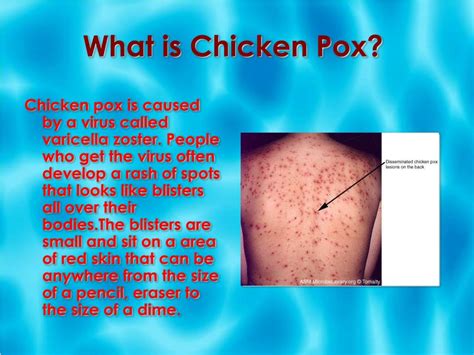
Incubation Period of Chickenpox
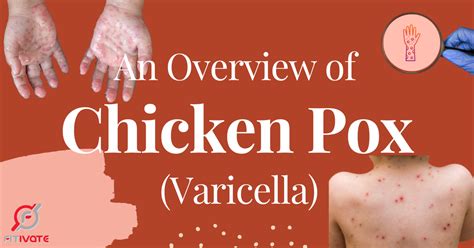
Symptoms of Chickenpox
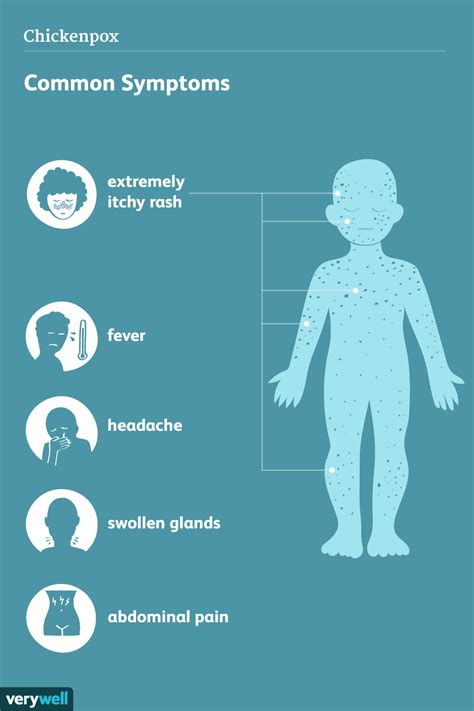
Transmission of Chickenpox
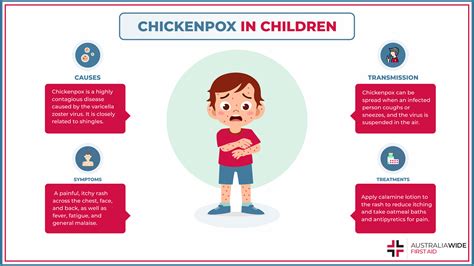
Prevention and Treatment of Chickenpox
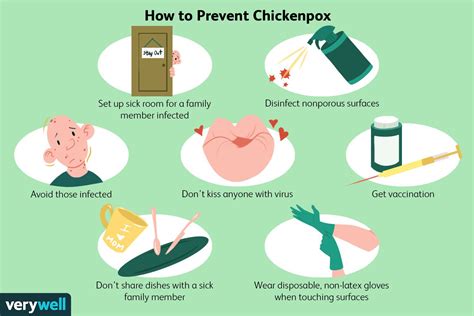
Complications of Chickenpox
Complications of chickenpox can include bacterial infections of the skin, pneumonia, and encephalitis (inflammation of the brain). These complications are more common in adults and individuals with weakened immune systems. Prompt medical attention is necessary if symptoms worsen or if signs of complications appear.Vaccination Against Chickenpox
Vaccination is the most effective way to prevent chickenpox. The varicella vaccine is usually given in two doses, with the first dose administered at 12 to 15 months of age and the second dose at 4 to 6 years of age. The vaccine can also be given to older children and adults who have not had chickenpox or have not been vaccinated.Diagnosis of Chickenpox
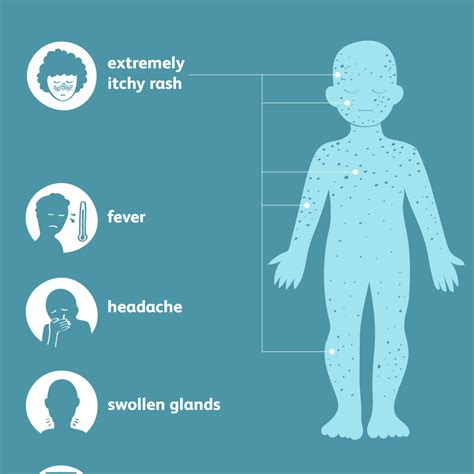
Management of Chickenpox
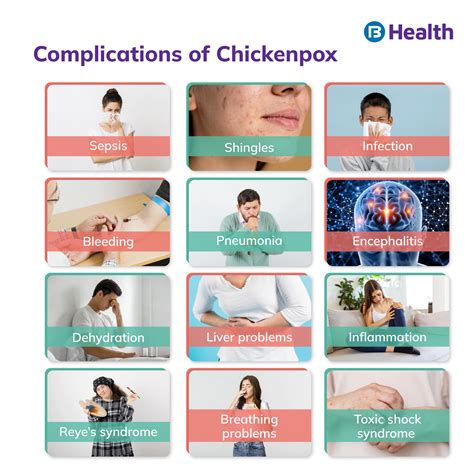
Home Care for Chickenpox
Home care for chickenpox focuses on making the infected individual comfortable and reducing the risk of complications. This includes keeping the skin clean, applying cool compresses to reduce itching, and ensuring the individual stays hydrated. It is also important to monitor for signs of complications and seek medical attention if necessary.Public Health Perspective on Chickenpox
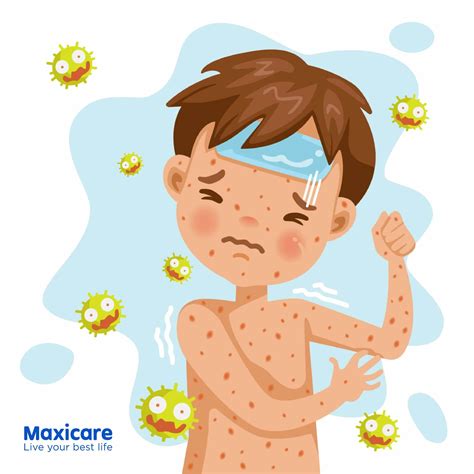
Global Efforts to Control Chickenpox
Global efforts to control chickenpox involve international collaboration to improve vaccination coverage, share best practices in disease surveillance and outbreak response, and conduct research into new vaccines and treatments. These efforts aim to reduce the global burden of chickenpox and its complications.Future Directions in Chickenpox Research
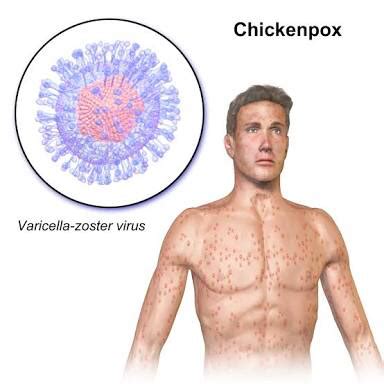
Advancements in Chickenpox Treatment
Advancements in treatment options for chickenpox are crucial for improving outcomes, especially for individuals at high risk of complications. This includes the development of new antiviral medications and therapies that can reduce the severity and duration of the illness.What are the common symptoms of chickenpox?
+The common symptoms of chickenpox include a characteristic rash, fever, headache, fatigue, and loss of appetite. The rash progresses through several stages, from small, itchy spots to blisters and finally to crusts.
How is chickenpox transmitted?
+Chickenpox is highly contagious and can spread through direct contact with the rash, airborne transmission through respiratory droplets, and indirect contact through contaminated surfaces.
What is the most effective way to prevent chickenpox?
+The most effective way to prevent chickenpox is through vaccination. The varicella vaccine is highly effective in preventing severe illness and complications.
What are the potential complications of chickenpox?
+Potential complications of chickenpox include bacterial infections of the skin, pneumonia, and encephalitis (inflammation of the brain). These complications are more common in adults and individuals with weakened immune systems.
How can the spread of chickenpox be reduced?
+The spread of chickenpox can be reduced by practices such as vaccination, isolation of infected individuals, and good hygiene. Keeping the infected individual isolated, maintaining good hygiene practices, and using over-the-counter medications to reduce fever and itching can help manage the disease and prevent its spread.
In conclusion, understanding how chickenpox starts and its various aspects is crucial for effective prevention, diagnosis, and management. By recognizing the early signs of chickenpox, taking preventive measures, and seeking medical attention when necessary, individuals can reduce the risk of complications and contribute to public health efforts to control the disease. We invite readers to share their experiences with chickenpox, ask questions, and engage in discussions about the topic to raise awareness and promote a better understanding of this common yet significant illness.
